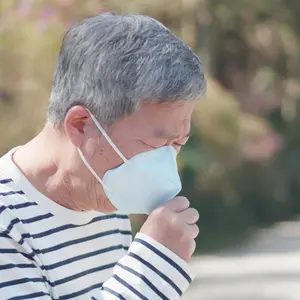

WELLthier Living and Aging

WELLthier Living and Aging
Legislation Seeks to Optimize Mental Health Outcome for Veterans with Whole Health Treatments
Mental illness affects nearly one in five Americans, but stigma surrounding mental illness has led many to avoid seeking help. This trend is changing thanks to many prominent people speaking out publicly about their own personal struggles. Congress started enacting legislation to meet the growing demand for mental health programs, including signing into law, in 2016, the bipartisan 21st Century Cures Act in, the largest expansion in funding for mental health programs since 1996. Now a GOP coalition in Congress, the Republican Main Street Partnership, is leading another bipartisan effort to improve mental healthcare for military veterans.
Mental health is a crisis among the military community, yet fewer than half of veterans suffering from mental health conditions get the treatment they need. The National Council for Behavioral Health estimates that 30% of active duty and reserve military personnel who deployed to Iraq and Afghanistan have a mental health condition requiring treatment, with many experiencing post-traumatic stress disorder and major depression. The Veterans Affairs National Suicide Data Report stated more than 72,000 veteran suicides occurred between 2005 and 2016.
Congress has been working to improve these outcomes with legislation specific to the military community. The Support for Suicide Prevention Coordinators Act, passed into law in December, 2019, requires the Department of Veteran Affairs (VA) to do a full review of the suicide prevention staff in order to better equip them with resources for optimal mental health care. The House passed the Whole Veteran Act by unanimous consent to expand the VA’s treatments to include holistic health practices such as acupuncture, meditation, and yoga as non-pharmaceutical treatments for mental health issues. The House also passed the FIGHT Veteran Suicides Act to require the VA to notify Congress within seven days of any suicide or attempted suicide in a VA facility, as well as sharing the veteran’s background and use of VA healthcare, to help lawmakers better understand and prevent these suicides.
The VA believes that veterans who have regular contact with VA health services are less likely to commit suicide than those with little or no interaction. Initiatives such as these can improve the effectiveness of VA mental healthcare and offer veterans better access to the resources they need.
REFERENCES
Chamberlain, S. (2019, May 29). Congress makes headway to improve mental health care for veterans—but is not done. The Hill. https://thehill.com/opinion/healthcare/445527-congress-makes-headway-to-improve-mental-health-care-…


 By
By







